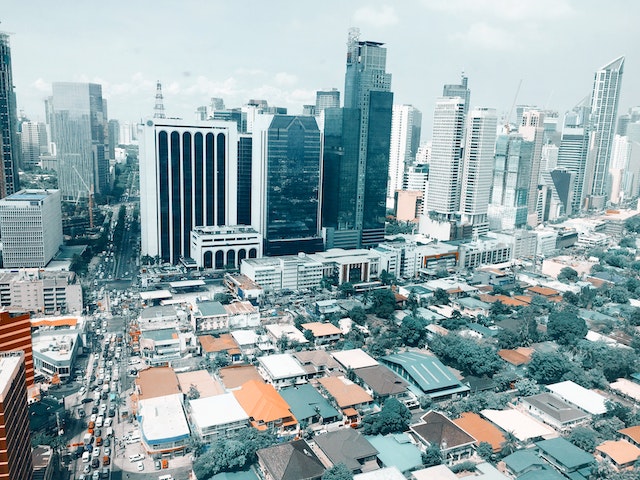With the Philippine economy booming at an unprecedented rate, many investors are looking to capitalize on this growth by investing in property. The country boasts a wide range of real estate options – from high-end luxury homes to affordable student housing – and each investor must decide what type of property is best for their goals.
This is a contributed post and does not necessarily reflect the opinions of Meet The Harris Family.
But before you take the plunge into what could be a lucrative endeavor, there are some complexities and challenges you should know about. Take a look at some considerations when investing in Philippine real estate.
Know What’s Going On In The Market
The Philippine real estate market is experiencing a boom due to increased demand from local buyers and foreign investors. This is driving up property values, especially in Metro Manila.
While this trend may sound like an ideal situation for potential investors, it can also lead to inflated prices and competitive bidding that can drive up costs. So, it’s important to remember that while this is an opportunity for profits, it’s not without risks. You must understand the current market dynamics and make your decisions accordingly.
With the internet and other forms of media, it’s easier than ever to stay abreast of real estate trends. Ensure you are well informed about the prices for the type of property you want. This way, you can keep your expectations realistic.
Property Rights & Regulations

When purchasing property in the Philippines, it’s essential to understand the laws and regulations related to land ownership. The country’s regulations are complex and vary by region. So, keeping up to date with local laws is key.
Foreigners cannot own land outright but may purchase condominium units or lease properties for up to fifty years with an option for two twenty-year renewals. On the other hand, Philippine citizens and corporations can purchase real estate but must meet all legal requirements, such as tax obligations.
Working with a lawyer who understands these regulations to protect your rights when investing is essential. And with any property investment, it’s necessary to ensure that you are dealing with a legitimate seller. That’s why doing your due diligence is an integral part of the process.
Location Issues & Infrastructure
In addition to understanding legal issues related to land ownership, it’s also important to consider infrastructure when investing in Filipino real estate.
Many areas lack adequate access roads, public transport links, and other amenities necessary for businesses or residences, making them difficult or even impossible to develop properly. Investors must research potential locations thoroughly before committing funds or signing contracts, so they don’t get stuck with an unprofitable property down the line due to infrastructure issues they didn’t know about beforehand.
To ensure you’re making a sound investment, consider the potential for development in a given area. This could be an excellent opportunity for a profitable venture if there is an existing infrastructure and room for expansion.
Identify Your Goals

Being clear about your goals is essential when investing in Philippine real estate. By clarifying your objectives before your search, you’ll be better positioned to select the right property and make smart decisions.
Are you looking for short-term gains or a long-term investment to build wealth? Perhaps you’re searching for a vacation home or rental property. Or, maybe you’re on the hunt for a piece of land to develop into a business.
Understanding your end goal will help you narrow down the options and ensure that what you settle on best meets your overall objectives. Thus, it pays to be clear about what you want.
Settle Your Options
Of course, with the numerous considerations when investing in Philippine real estate, it’s essential to be patient as you make your decisions.
Take your time to research the market, understand which properties fit your criteria, and confirm the area’s infrastructure. Suppose you plan on having a space nearby business districts, restaurants, or shopping malls. In that case, be sure to consider the proximity of such establishments to your potential property. For instance, Bonifacio Global City (BGC) is one of the prime locations for businesses in Metro Manila. Therefore, a condo in BGC is an excellent way to establish a presence in the city and reap the benefits of renting it out.
Whichever type of real estate you decide on, take all the necessary steps to ensure a safe and profitable investment. Take your time and research thoroughly; a home in the Philippines could be just what you need to build a better future.
Investing in Filipino real estate isn’t as simple as buying a piece of land. There are numerous complexities and legal considerations involved that must be accounted for before any money changes hands. That said, researching and understanding the potential risks can be a great way to turn a profit and ensure long-term success as an investor.


